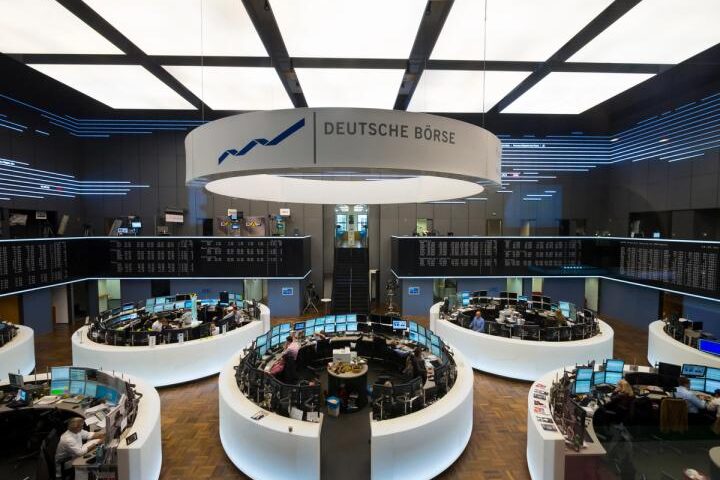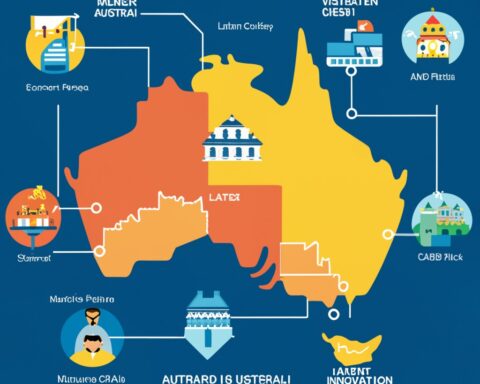New car sales across Europe fell by more than 5% in June 2025, reflecting ongoing challenges faced by traditional automakers, including intensified competition from Chinese electric vehicle (EV) brands and evolving consumer preferences.
In total, 1.24 million new vehicles were sold across the EU, UK, and EFTA countries, marking a 7.3% year-on-year decline in the EU alone. While countries like the UK and Spain experienced growth, Germany, France, and Italy saw significant drops. Notably, Italy’s new car sales plunged by 17.44%, with Stellantis, the market leader, facing a 32.83% decline.
Despite the overall decline, the adoption of electrified vehicles continued to rise. Battery electric vehicles (BEVs), hybrid electric vehicles (HEVs), and plug-in hybrids (PHEVs) collectively accounted for nearly 60% of new car registrations in the EU. Germany, in particular, reported a 35% increase in EV sales during the first half of 2025, reaching a record 248,726 units.
Established brands like Volkswagen, Stellantis, Renault, and Hyundai reported decreased sales compared to June 2024. Volkswagen’s first-quarter earnings fell about 40%, influenced by EU carbon emissions penalties and U.S. tariffs.
Meanwhile, Chinese automakers, including BYD, Jaecoo, Omoda, Leapmotor, and Xpeng, have gained significant traction in the European market. BYD’s sales surged by over 300%, and Chinese brands collectively increased their market share to 5.1% in the first half of 2025, nearly matching that of Mercedes-Benz.
The European car market faces a complex transition, balancing traditional automakers’ challenges with rapid growth in electrification and new players from China reshaping the competitive landscape.



























